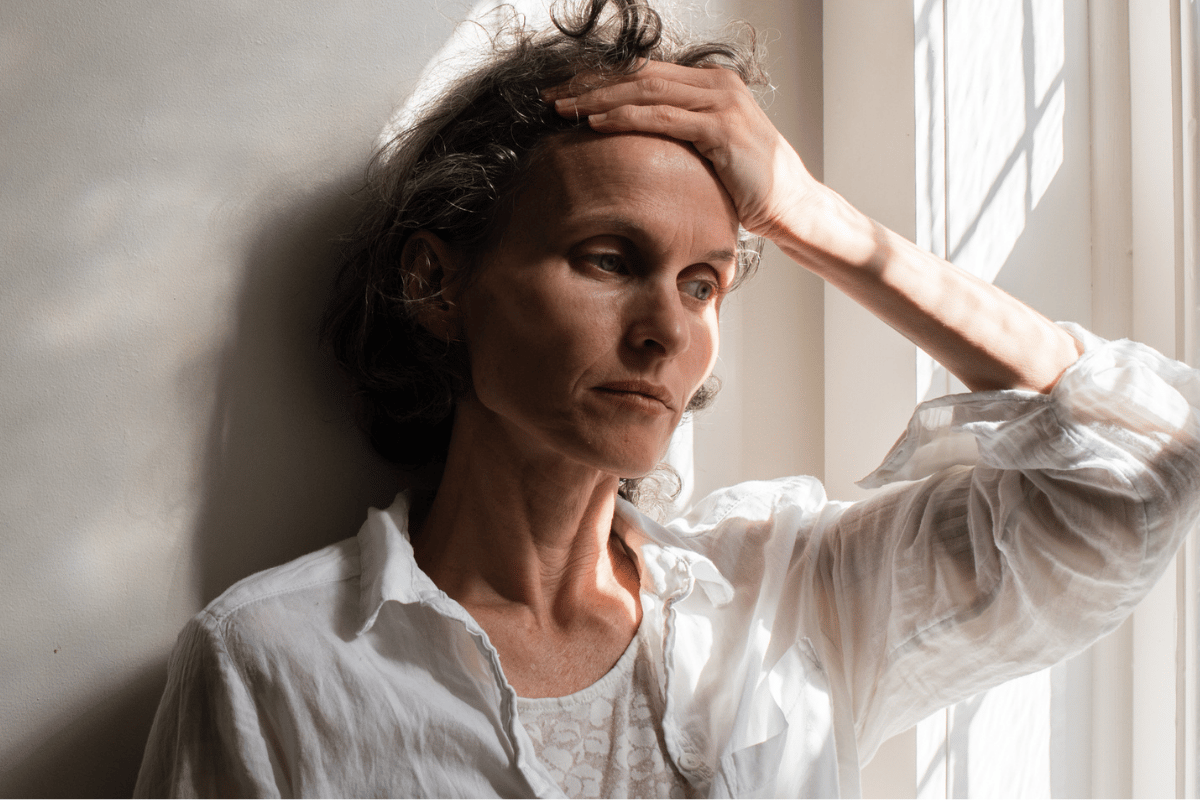
Stress levels were at an all-time high for me when we were confronted with my husband’s diagnosis of brain cancer.
I still remember the day we learnt the news. We found out that my husband had a lump in his brain, but we didn’t find out from the doctor.
We had opened the sealed report from his CT scan and Googled the words we didn’t know. Things started to move quickly as the cross-section CT scan was replaced with a fine section scan and an MRI, and the need to see a neurosurgeon to discuss the results and set a date for surgery.
Needless to say, I was more stressed than I’d ever been before.
Driving this stress was my need to support my husband with all he faced, including the expected outcome of his own death, likely within the next two years.
The horoscopes and self care. Post continues below.
This meant ensuring that all the daily activities of a busy household with three children – aged five, three and two years at the time – happened as seamlessly as possible, at least as far as my husband was concerned.
I tried to shield him from the normal stresses of everyday life – paying bills, arranging childcare whilst I continued to work (now as the sole income earner), taking kids to school, to swimming, etc. On top of this, I was also preparing meals – we went totally organic at the time, juicing four times per day. I also needed to accompany him to doctors' appointments and cancer support groups, and be hands on with care when he was so sick from the side-effects of treatment that he could barely stand or walk.



Top Comments